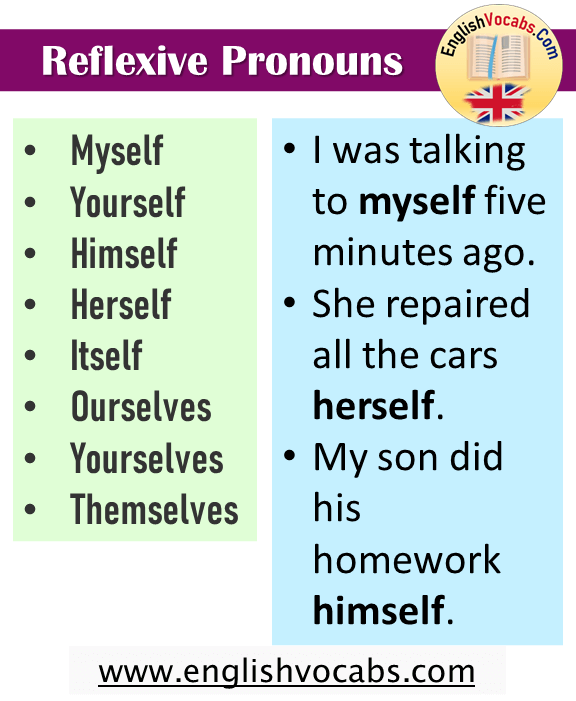Possessive Pronouns List and Examples Sentences

What is Sentence?
Making sentences is the main aid of communication. Sentences indicate previous events or situations, continuous events and situations, instantaneous events and situations, and future events and situations. Sentences that are part of daily life contain subject and predicate. In addition, sentence elements such as an adjective, indirect compliment, and adverb can also be included. Different from this situation, sentences are named in 4 different ways in English. The names of this distinction are made as to the declarative sentence (statement), interrogative sentence (question), imperative sentence (command), exclamative sentence (exclamation).
Table of Contents
Pronouns
Pronouns are one of the most commonly used sentence building blocks in English. You need to have a good understanding of pronouns if you want to speak English like a native. If your native language’s sentence structure is very different from English, you might struggle with pronouns at the beginning. But they are not difficult to learn, and you can learn them too. Let’s see the pronouns and their examples.
Possessive pronouns are used to describe belonging. There should be no other names after possessive pronouns.
Possessive Pronouns List
- Mine
- Yours
- His
- Hers
- Ours
- Yours
- Theirs
Examples Sentences
- My skirt is pink, hers is blue.
- My car is yellow, his is pink.
- Our house smaller than theirs.
- This is yours and that is mine.
- This is mine.
- You need to go take yours.
- The bag on the table is his.
- She will take what is hers.
- Your car is more expensive than ours.
- Do you want one just like theirs?


